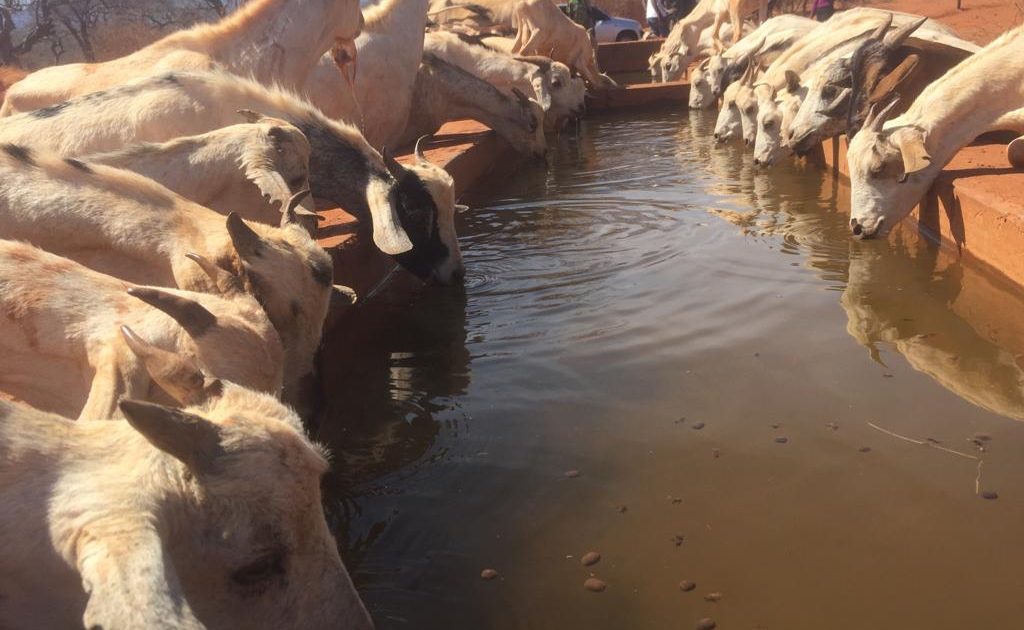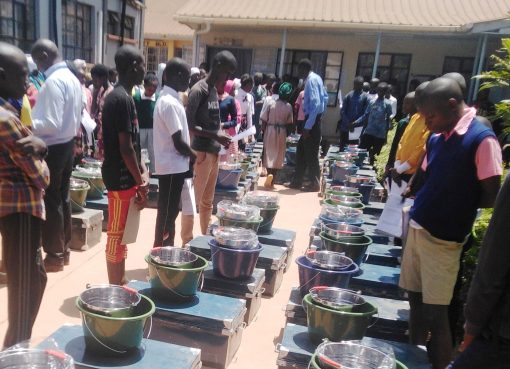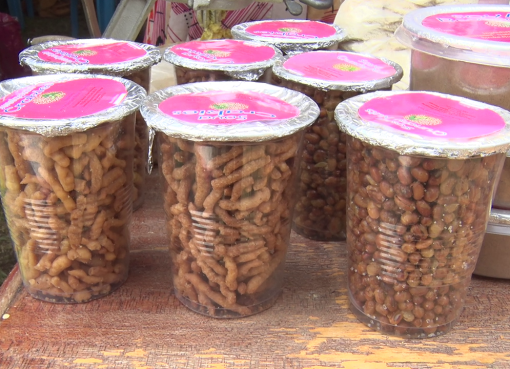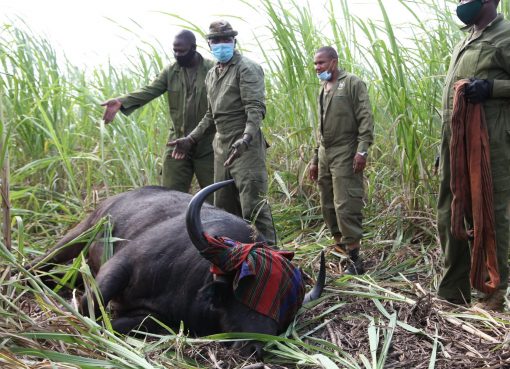Smallholder dairy farmers in Taita Taveta are already reaping the benefits of a partnership by the County administration, the National Government and the World Bank that targets to boost milk production in the county from 18 million litres to 30 million litres annually.

The partnership under the Kenya Climate Smart Agriculture Project (KCSAP), a joint project by the national government and the World Bank, aims to provide support to small-scale farmers through mobilization, training and operational expenses to increase their productivity and enhance supply of products.
Speaking during the handing over of modern milk equipment to Mwafuga Dairy Cooperative, County Executive Committee Member for Agriculture, Livestock, Fisheries and Irrigation, Davis Mwangoma assured farmers the dedication of the county administration towards uplifting welfare of various dairy cooperatives in the county.
“My department will continue working closely with several development partners to uplift the welfare of farmers. We have initiated various programs like subsidised Artificial Insemination that has seen over 7,000 dairy farmers benefit,” he noted.
The Mwafuga group received two motorcycles, eight milk containers, two digital weighing machines and lactometers among other equipment. The consignment is part of the equipment that were flagged off last week Monday under the KCSAP programme to benefit different dairy cooperatives across the county.
Mwangoma also expressed confidence that new extension officers facilitated by the County administration will have a significant impact to the county’s potentially profitable dairy sector through sensitization of farmers.
Samuel Dwaluma – Chairperson of Mwafuga Dairy Cooperative hailed the county’s move to support them and encouraged farmers from highland areas in the county to put more focus on fodder to help supplement their dairy produce.
Many smallholder dairy farmers especially in remote areas face constraints that greatly affect milk delivery due to limited access to milk market outlets, poor rural infrastructure and limited access to veterinary and Artificial Insemination (AI) services.
The government recently instituted new regulations to boost the milk sub-sector by increasing production and protecting farmers from unfair trade practices. Such targeted development assistance to the smallholder dairy farmers is likely to translate into substantial benefits in terms of increased production, employment creation and improvement of livelihoods.
By Raphew Festus Mukuyia





